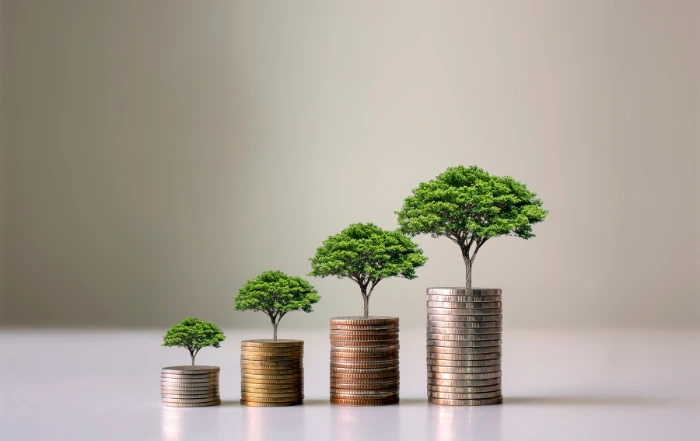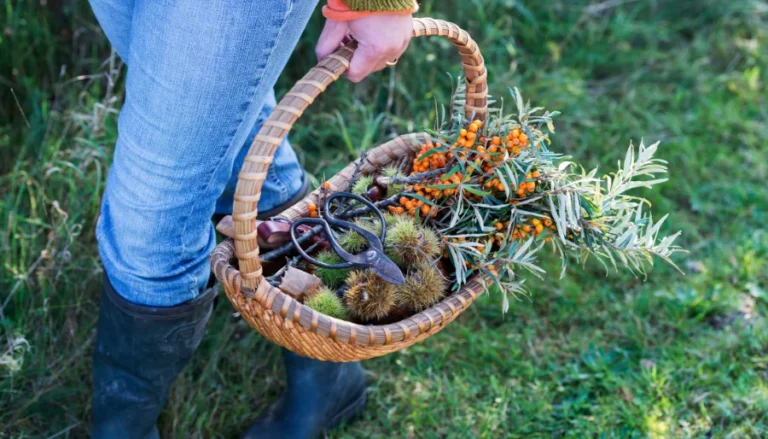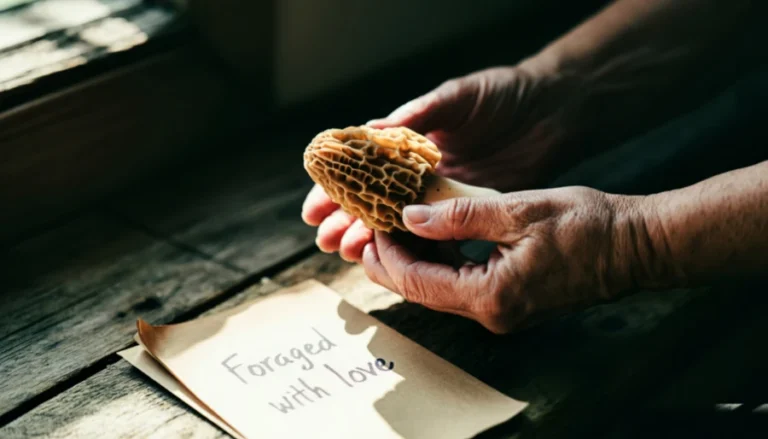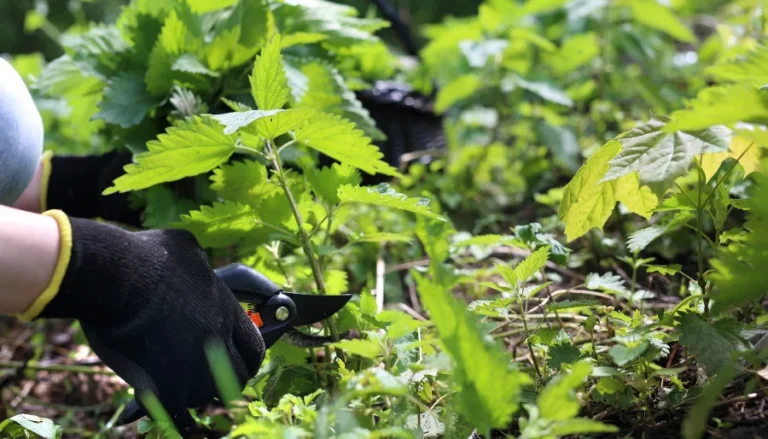These days, a majority of people live paycheck to paycheck, drowning in debt, slaves to a society that thrives on consumerism.
If you happen to be in that situation, it may seem nearly impossible to escape, especially if your budget doesn’t leave much wiggle room at the end of the month.
The great news is, self-sufficiency goes hand in hand with frugality and the idea that less is more.
For this reason, taking steps towards a self-sufficient lifestyle can bring you the freedom and independence you desire, without having to break the bank in the process.
Here are 5 ways to move forward no matter how tight your budget may be.
Do you know how to cook from scratch?
One of the best ways to start being more self-sufficient is to cook your own meals from scratch instead of relying on take out or already put together processed options.
Knowing how to cook from the simple ingredients you have on hand – including the ones you grow and produce yourself – is a huge stepping stone to living life on your own terms without spending a ton of money.
From homemade bread and butter to cream cheese and fruit jams, there are no limits to the things you can create when you take time to understand the basics of “real” food.
Are you composting yet?
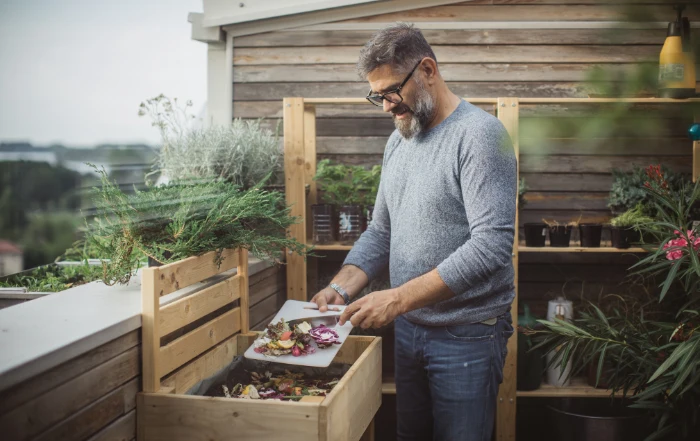
A great way to save money on fertilizers (or eliminate the need entirely) is to create a compost bin and let your old food scraps work for you.
Pick a compost location that is shady, dry, and preferably near a water source of some type.
To start, you’ll need to gather materials like cardboard, shredded paper, dead leaves, or straw (all of these are considered browns) to mix with your food waste (greens).
There are different suggestions on the mixture ratios of browns to greens, so make sure you do your research ahead of time.
If you don’t have a ton of space, you can also manage to start a compost bin indoors.
Either way, you’ll be reducing waste in your home, helping the environment and saving a ton of money. That’s a win-win!
Do you think seasonally when you consider your meals?
If you don’t have the space or money to plant a big garden right now, stocking up on fruits and veggies during a peak season is the next best thing.
Buying foods that are in season means you are getting the best of the best – super fresh produce that is jam packed with flavor.
The best part?
In season produce is much more abundant and therefore, less costly to you, so you don’t have to bust the budget to get all that goodness on your plate.
Search around to see what foods are in season currently and start making your grocery list. Making a habit of eating seasonally will keep your wallet intact and your taste buds happy.
Are you using rags and clothes?
Instead of stocking up on paper towels, napkins, and disposable wipes, start choosing cloth as your go-to cleaning source.
Instead of having to throw them out after one use, you can reuse cloths time and again simply by throwing them in the wash machine when they are dirty.
Although you can decide to buy store-bought cloths, a cheaper alternative is to cut up an old t-shirt or two and make your own.
By doing this, you can save some big bucks not having to stock up on those pricey, disposable items anymore.
Have you assembled a first aid kit?
No matter how much you try to avoid it, there will always be minor illnesses and injuries that require care of some kind.
Instead of running off to the doctor to handle these situations, you can have your very own first aid station right at your fingertips.
The American Red Cross has helpful recommendations on their site for what to include in this homemade first aid kit including bandages, aspirin, cold compresses, tweezers, ointment packets and much more.
By having the necessary items ready to go, you can combat everything from the tiniest of blisters to deep cuts to heat exhaustion.
More To Discover
Providing the injury or illness isn’t too serious, you can avoid the doctor’s office altogether and save a ton of money in the process.
It’s entirely possible to be more self-sufficient, no matter what kind of budget you’re on. By taking steps to be more independent, you’re not only making a super smart decision for our precious environment but also for your wallet.







